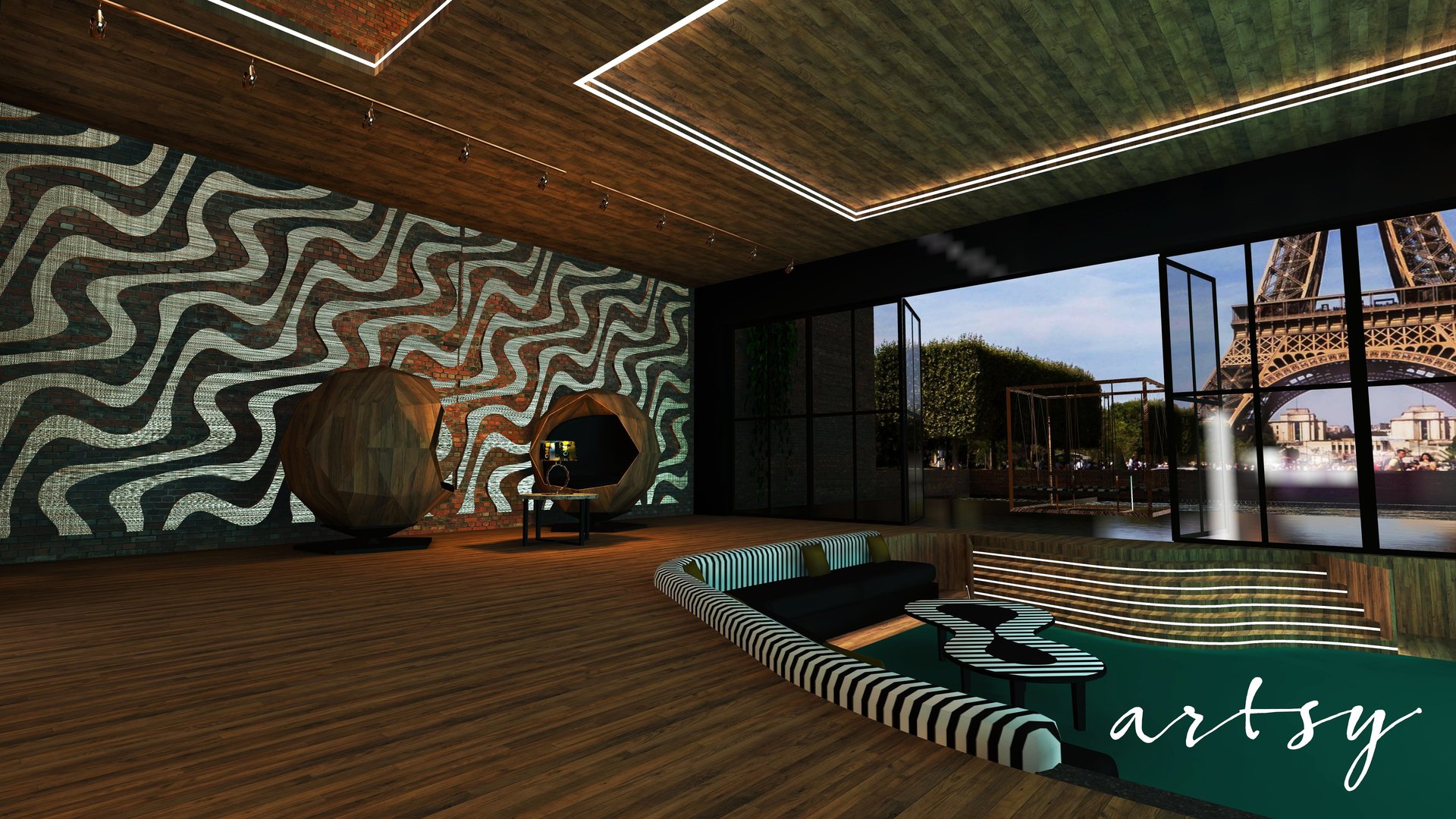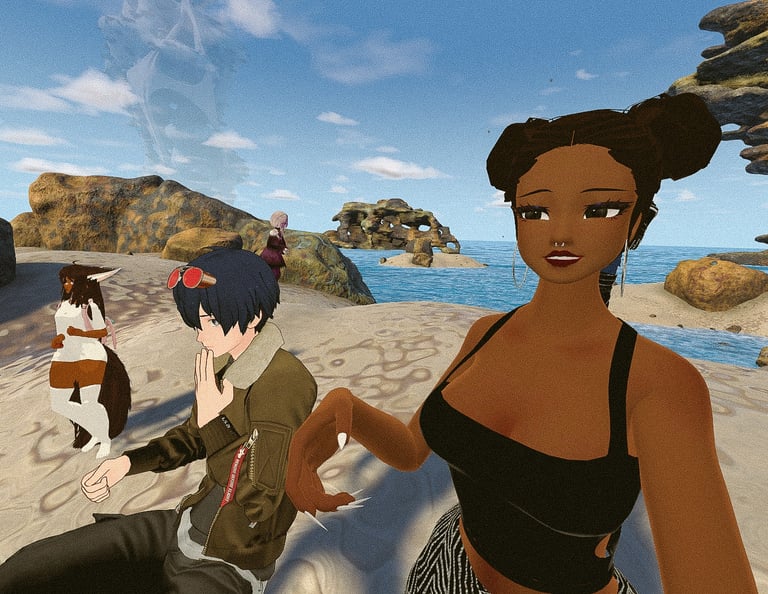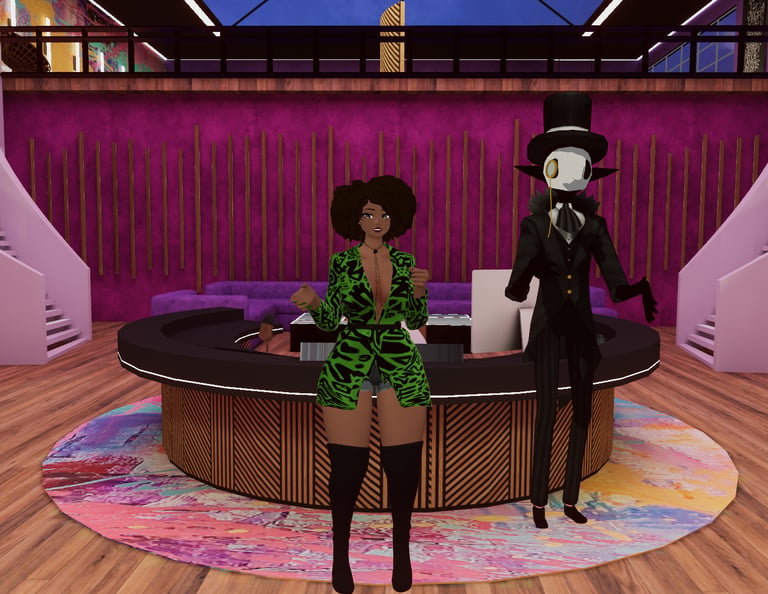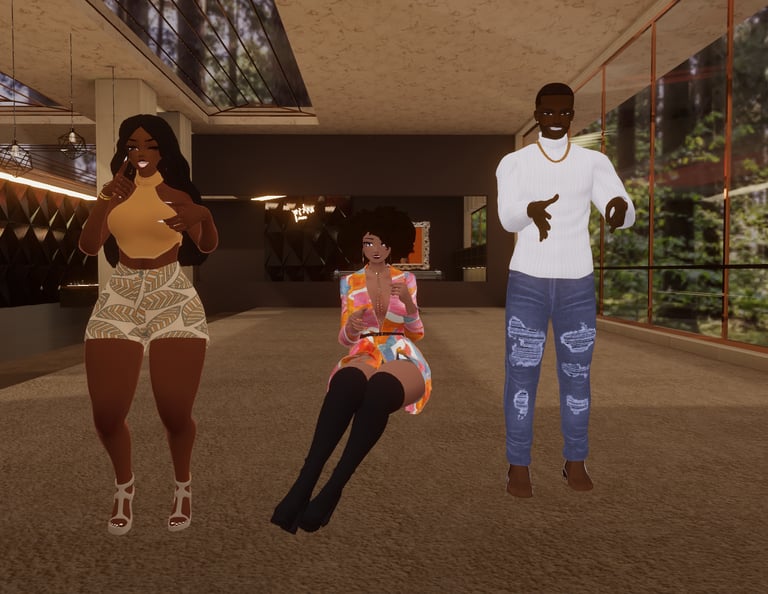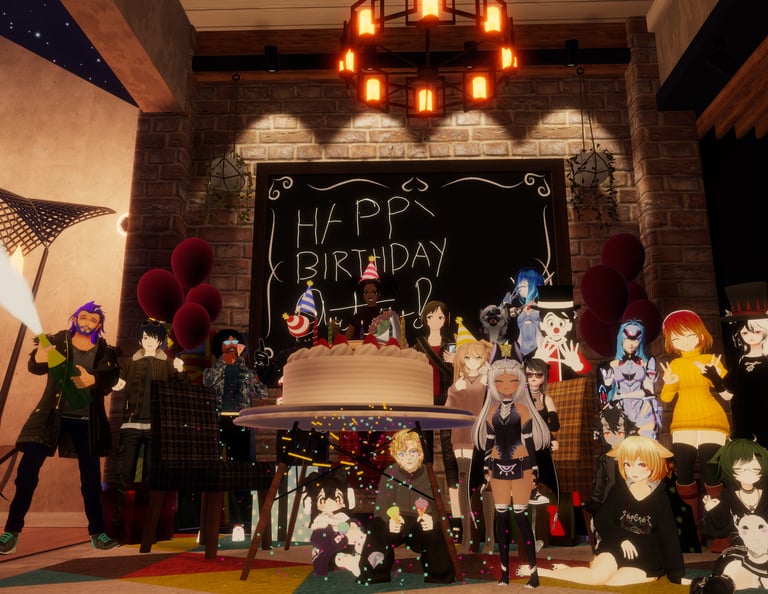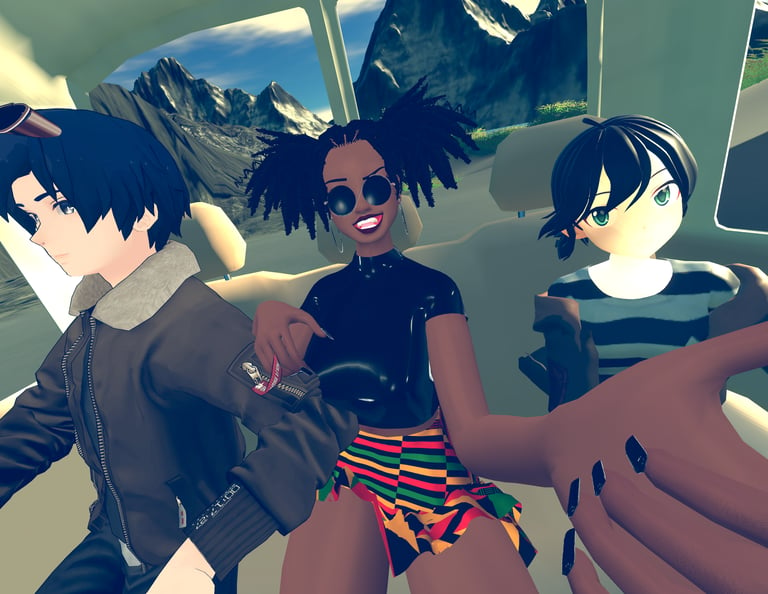Virtual Reality: More Than a Game, It's a Journey of Emotions
In the tapestry of human experience, feelings are the threads that add color, texture, and meaning. Today, we live in an age where technology is transforming the ways we experience our own emotions. The rise of virtual reality (VR) has introduced a whole new dimension to human emotionality, carving out unique pathways for us to experience joy, fear, empathy, and a sense of belonging.
The Magic of Immersion & Presence
Imagine attending a surprise party for a friend in a majestic world created just for their birthday. Or competing against friends in an obstacle course during a live show in VR. How about traveling the mind of thousands of people every day that change the fabric of what you thought was possible? This is the magic of VR – it's about immersion, a feeling of truly being present in a different world, a different time, a different life. VR technology plunges us into environments where our senses perceive a reality that our minds know does not exist, yet we can't help but surrender to the illusion.
A Symphony of Emotions
As humans, we are wired for emotion. We seek it in our music, our art, our relationships, and now, in our technology. VR's ability to evoke strong emotions is at the heart of its appeal.
Exhilaration fills our veins as we soar through alien skies or explore the deepest corners of the ocean. Even mundane activities take on a new sheen of wonder, excitement coating our hearts as we discover a world where the impossible becomes the everyday.
But the emotional journey VR offers isn't limited to joy and excitement. The shadow of fear can loom in VR just as it does in our lives, enhancing the authenticity of the experience. Virtual haunted houses or survival games can create genuine pulses of fear, causing our hearts to race and our palms to sweat.
Yet, for every heart-pounding encounter, there's a moment of tranquillity waiting to envelop us. VR environments can offer us serene landscapes and peaceful soundscapes, serving as virtual zen gardens that dissolve our stress and anxiety, leaving us in a state of calm and relaxation.
The Human Connection: Empathy, Belonging, and Beyond
More than just individual experiences, VR has the potential to fundamentally reshape our social interactions and connections. By enabling us to step into someone else's shoes, VR can cultivate empathy in profound ways. This shared experience bridges the gap between our individual worlds, fostering deeper understanding and compassion.
Virtual worlds also serve as modern-day social arenas. Just like parks, cafes, or public squares in our physical world, VR spaces allow people to meet, converse, and form connections. This can nurture a strong sense of belonging, especially for those who might feel isolated in their real-world social interactions.
Yet, like all technologies, VR isn't without its drawbacks. There's a fine line between healthy escape and excessive isolation. As we step more into the virtual, we must ensure that we don't lose our connection to the real.
Conclusion
Virtual reality is more than just a technological marvel; it's an emotional journey. It can evoke a symphony of feelings, from joy to fear, calm to excitement. It's a medium that has the power to connect us in profound ways, expanding our capacity for empathy and bringing us together in shared experiences. Yet, as we embrace these virtual worlds, let's remember to maintain our ties to the tangible world that we inhabit. For, it's in the balance of the virtual and the real that we can truly enrich our emotional tapestry.

